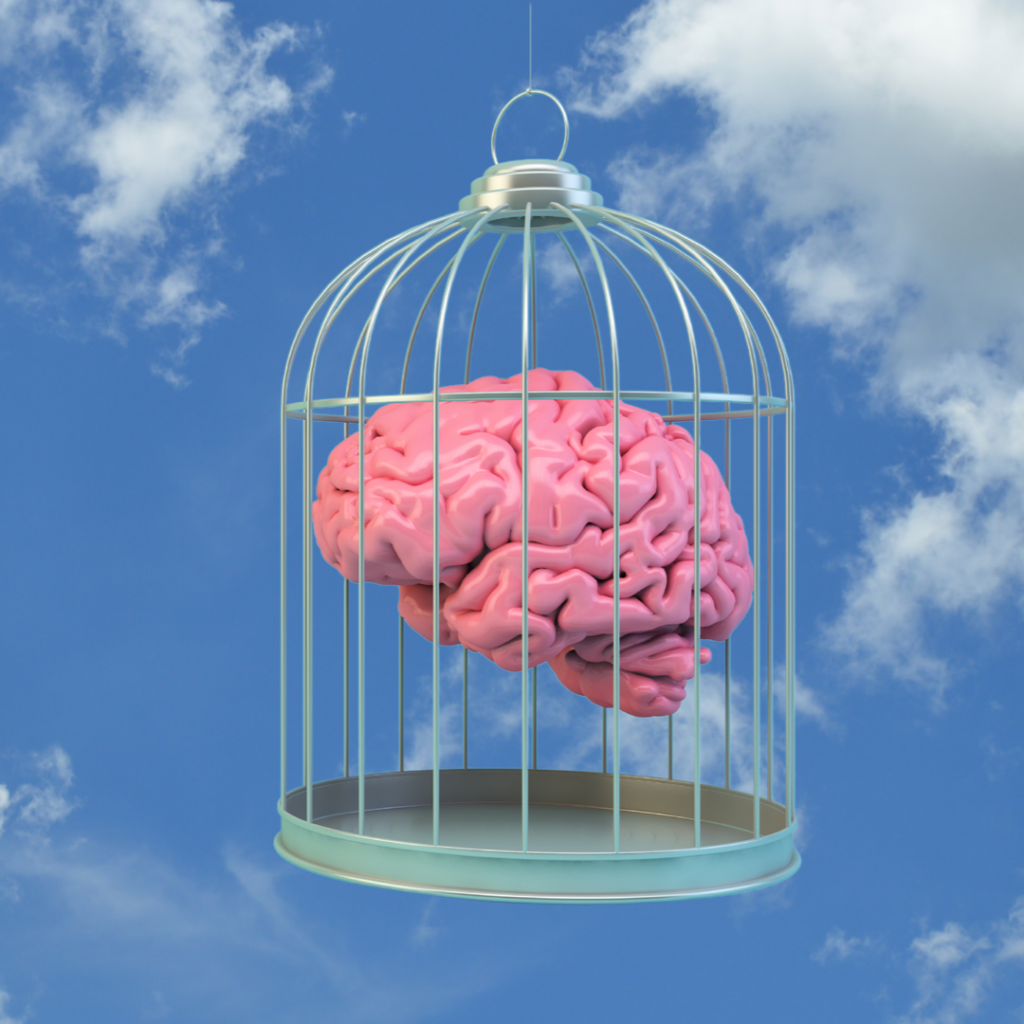You can’t control memory loss – only your reaction to it.
For people with dementia, their disability is memory loss. Asking them to remember is like asking a blind person to see. Asking them daily “Did you take your pills?” or “What did you do today?” is actually asking them to remember something. They have a reduced capacity to reason therefore expecting them to be reasonable or see your point of view is unrealistic. Try not to correct, contradict, blame or insist. Reminders are rarely kind. You are just reminding them of their inabilities over and over again.

How should you communicate?
- Give short, one sentence explanations.
- Allow plenty of time for them to understand at least twice the time you think.
- Repeat instructions or sentences exactly the same way.
- Avoid insistence. Try again later, just take a break for you and for them.
- Agree with them or distract them to a different subject or activity.
- Accept the blame when something’s wrong (even if you don’t agree).
- Give them choices so they feel they are involved in decision making
- Respond to the feelings rather than the words.
- Practice 100% forgiveness. Memory loss progresses daily.
Above all else be patient and cheerful and reassuring. This will make those you love feel connected.
How not to communicate
- Don’t reason.
- Don’t argue.
- Don’t confront.
- Don’t remind them they forget.
- Don’t question recent memory.
- Don’t take it personally.


 Don’t – Reason
Don’t – Reason Do – Short Explanation
Do – Short Explanation

